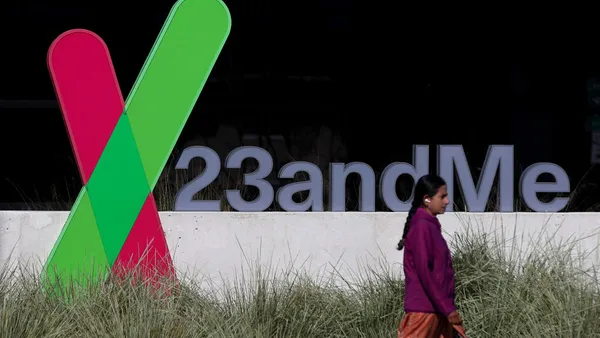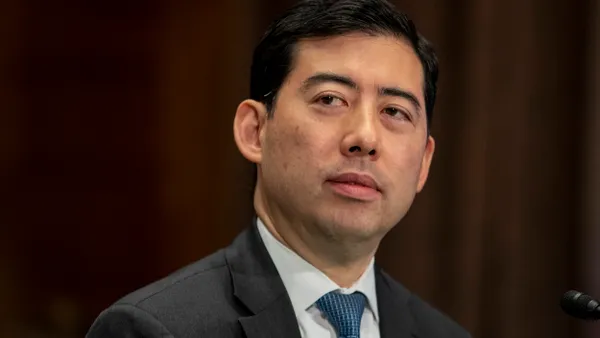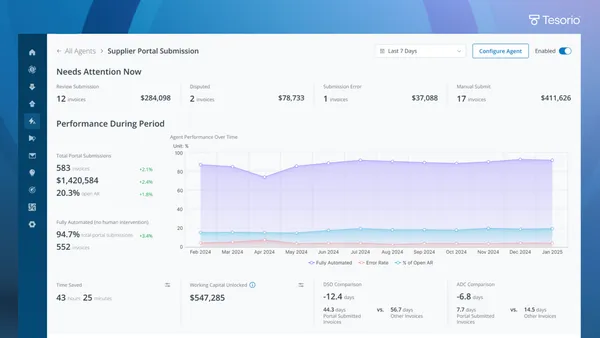In the short time since generative AI first exploded onto the scene, executive leaders have found the prime benefit in terms of savings has not so much been money but time, finance leaders on a Controllers Council panel said Thursday.
Saving labor hours is the chief payback their companies are already seeing from AI initiatives, Teddy Collins, vice president of corporate finance for online ticket platform SeatGeek, Erik Zhou, chief accounting officer for business software provider Brex, and Julian Cifliku, division financial controller for grocery giant Kroger all asserted. Gauging the more specific, financial impacts of AI remains a relatively elusive exercise, the leaders said.
For example, while Collins said AI has provided benefits such as the automation off routine manual processes like processing invoices, he conceded that it is difficult to tie these improvements to specific dollar figures. Teasing out a defined ROI for their investment is a challenge at this stage, but despite this, he was confident that AI has made a real difference to the bottom line.
“The way things are priced right now, even a single digit percentage increase in productivity is really high from an ROI perspective, because our people are our number one asset and… people’s time is super important as well,” Collins said, adding that more precise ROI might be more easily calculated in the future.
Similarly, Zhou, Brex’s CAO, noted that AI’s ROI is somewhat elusive. But, while a quantifiable ROI calculation may be challenging, it is easy to see that his company’s investments in AI have made a difference, comparing AI’s impact to the effects seen previously in the company’s move to cloud computing.
Ultimately, Zhou said he thinks of buying a new AI tool in a very straightforward way: “If I pay X…the new tool does more than my existing tool and oh, by the way, is cheaper and will save the team time,” he said. “So I don't need to do the math…qualitatively there’s proof of concept we can achieve there.”
With this in mind, Zhou added it’s important to set proper expectations when it comes to ROI for AI, with part of the challenge being that it’s unclear when the benefits will be quantifiable. .
It’s tough to tell people exactly what we’ll get out of it, talking four months, talking a year, talking ten years from now,” he said.
Cifliku, division financial controller for grocer Kroger, said his company has been benefiting from all the time saved. Employees who previously spent time on manual tasks like data entry or bank reconciliations can now focus on higher value strategic tasks and professional development, he said, which makes him and his department “very valuable to our executive team.”
“We look at what are my projections, where do we need to be in three months, how about gross profit, what are some indicators, what [is the data] telling us? So, [we’re] providing information to the team to make the right decision… For me, time is of the essence,” Cifliku said.
All three panelists also noted that it’s very difficult to tell where AI will be in the future, given its rapid pace of advancement in just a few years.
“I think it’s tough to even gauge where AI will be in 12 months, so it’s hard to make a plan concept,” said Zhou.
“Exactly what Eric said,” added Cifliku . “We don’t know. He said 12 months. I don’t know what AI will be in four months!”











